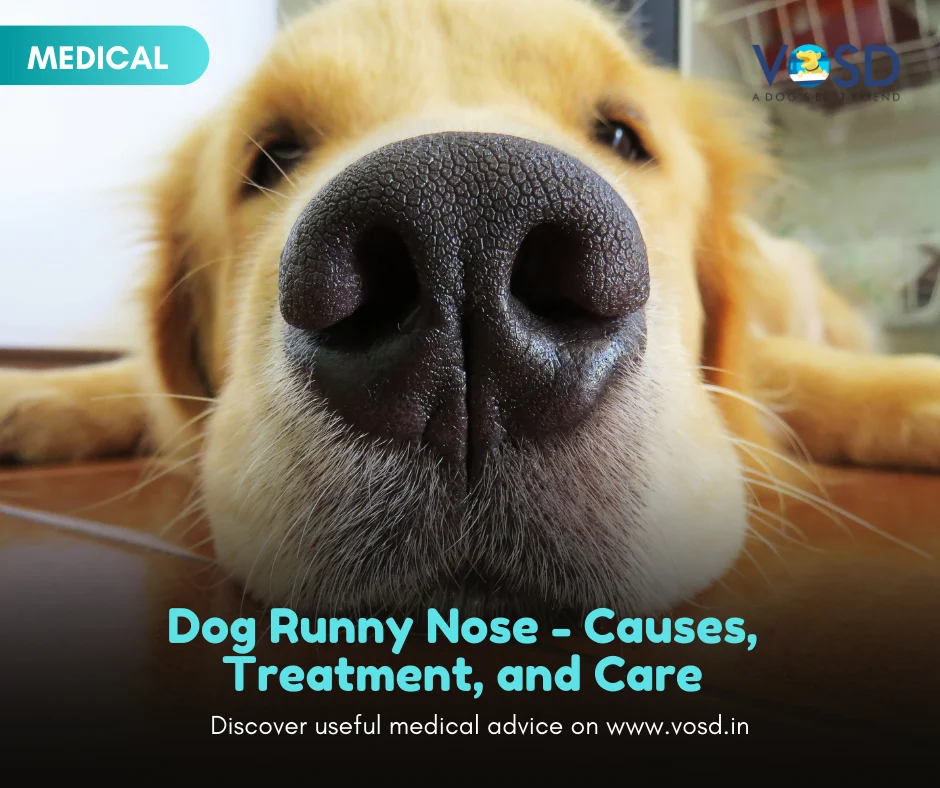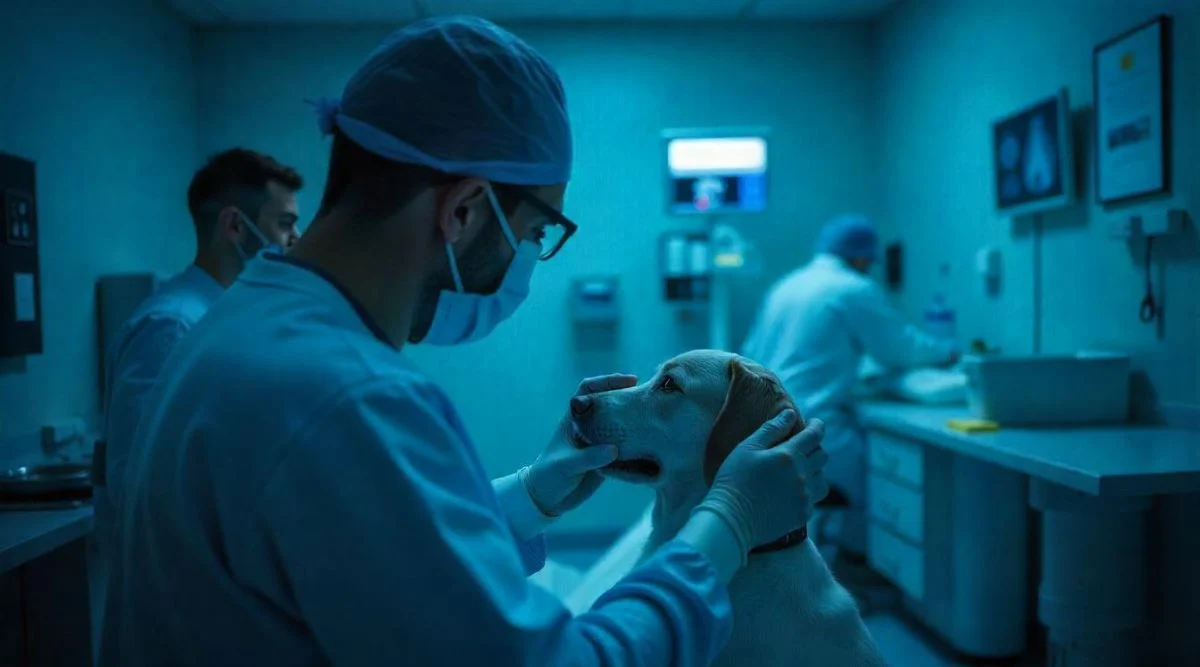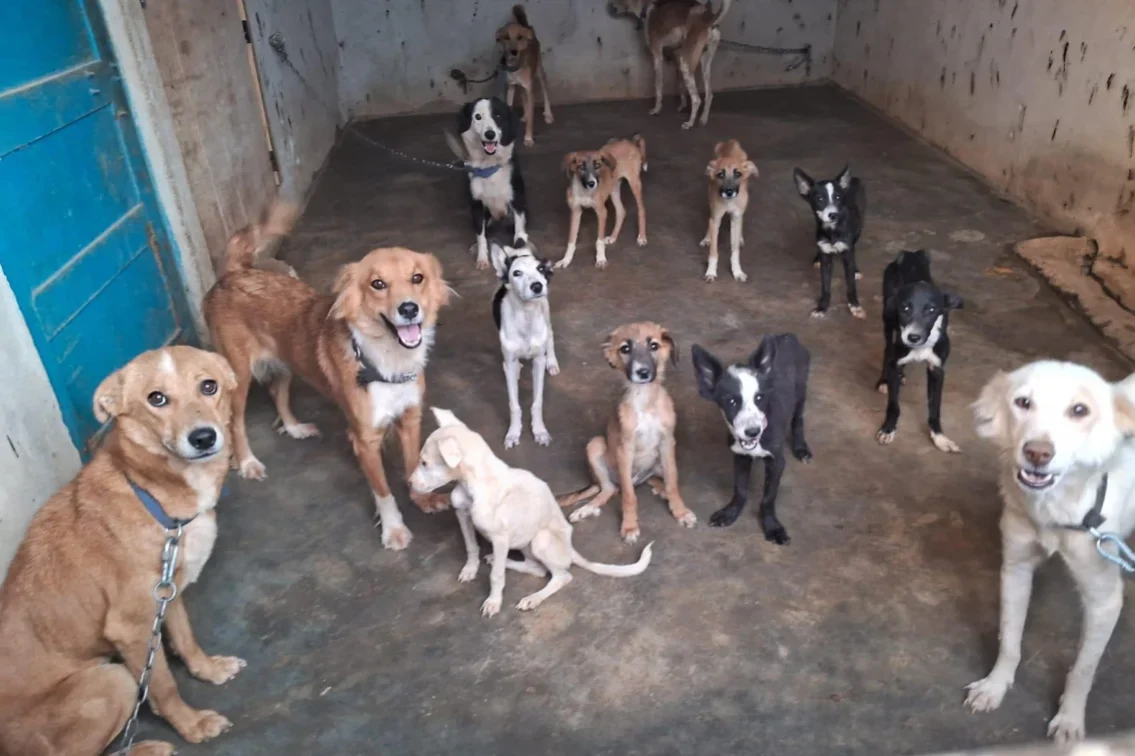Some dogs shed more hair than others. How do you know when it is too much, and what are the signs that cause concern and a visit to your dog’s vet? How do you know if your dog is shedding as expected or when it is due to alopecia? These are common questions regardless of the dog’s breed.
Reasons for hair fall in dogs
Allergies: There are certain foods that contain ingredients that can cause an allergic reaction in dogs. There are also a few chemicals that are a part of the shampoos and skincare products. If you find red spots or lumps on the skin, it is safe to assume that your dog has developed an allergic reaction. Your dog will also develop itchiness. All of these reactions can cause hair loss.
Mange: If mites have taken over the dog’s fur and cause scaliness, your dog will feel uncontrollable itchiness. This leads to patches of hair loss.
Infections: There are many kinds of infections that can result in severe hair loss. Some of them include ringworms and folliculitis. This kind of hair loss is usually accompanied by scaling, nodules with pus, and hot spots. Bacterial or fungal infections can also cause hair loss along with redness, itching, and a strong odour.
Hormonal imbalance: Thyroid problems or a deficiency in the adrenal gland are common causes of hair loss. In the case of a neutered dog, a decrease in testosterone can cause hair loss.
Medical conditions: There could be some underlying conditions that could trigger hair loss. The skin tends to need a lot of vitamins and nutrients to remain healthy. If your dog is healthy, these nutrients will spread their positive impact evenly across all parts of the body. However, if there is an illness, the balance shifts and the skin receives fewer resources as it is focused on fighting to support the internal organs. Such a state can result in hair loss all over the body.
Stress: Excessive shedding can occur if your dog is under stress because of an illness, a change of environment, poor nutrition, or is unhappy.
Protecting against hair loss
If you see your dog losing hair, you must seek medical advice. It may seem as normal as seasonal shedding; but, it is better to know if there could be any other reason why your dog is losing hair.
There are a few treatment options that your dog’s vet will recommend.
Antibiotics: If the cause has been identified as some kind of infection, your dog’s vet will prescribe a course of antibiotics. Nodules, with or without pus, will also be removed.
Changed diet: One treatment of hair loss in dogs is to do with a changed diet. Once the vet has been given your existing diet plan to see if there is a possibility that something may be causing an allergic reaction, you will be advised to prepare a revised diet plan. Some supplements may be added to help grow back the lost hair.
Hormonal treatment: Once it has been diagnosed that hormonal imbalance is causing excessive hair loss, supplements can help bring the balance and aid in hair regrowth.
Shampoos/ spray: There are hydrocortisone shampoos that are specific to hair loss conditions. If there has been extreme itching that makes your dog lick incessantly, these shampoos will help in soothing the area and give your dog some respite.
As a pet parent, you must learn all there is to know about the reasons for hair fall in dogs. It is always better to know what to make a note of and keep a journal so that it is easier for your dog’s vet to arrive at a diagnosis. A changed diet and additional supplements can treat most hair loss problems to improve skin and hair. But, there are some that will need further analysis and a more vigorous treatment plan.
It is your responsibility as a dog owner to consult your dog’s vet before coming up with a diet plan. It is best not to assume that the foods you eat will be equally acceptable to your dog. Make sure that other members of your family are also following the same plan.
If your dog is experiencing persistent hair fall and you need a second medical opinion, reach out to us for a free second medical opinion here:
https://vosd.in/our-services/second-medical-opinion/
The information contained in VOSD Vet Advice™ is not intended nor implied to be a substitute for professional medical action which is provided by your vet. You assume full responsibility for how you choose to use this information. For any emergency situation related to a dog’s health, please visit the nearest veterinary clinic.
Do you find this information useful? For more medical advice, visit the VOSD website.





